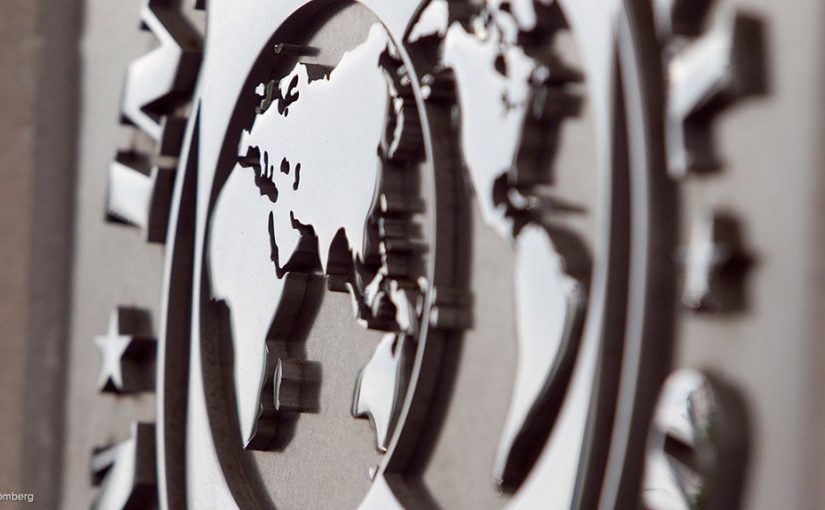Mozambique: State hopes to reduce public debt to 67.6% of GDP in 2025
IMF financial aid to Mozambique has become less likely – Economist

The Economist Intelligence Unit (EIU) believes that the possibility of the International Monetary Fund (IMF) negotiating a bailout in Mozambique has become less likely because the Fund is demanding full disclosure of the debt audit.
“The IMF’s new stance seems unwavering, demanding that the report needs to be complete, identifying where the lending has gone, and transparent, and full disclosure will likely implicate specific persons in irregularities,” write the analysts of the British magazine The Economist.
In an analysis of the position expressed this month at an IMF press conference in response to questions posed by Lusa, the EIU says it was “confirmed that the IMF is waiting for publication of the full report before progressing to a new program with the country”.
The Mozambique government has agreed to the demands of creditors on an independent debt audit, including the loans contracted secretly by two public companies, “but the authorities’ attempts to block the investigation have left important questions unanswered, and the Government published only a heavily censored summary of the report “.
The EIU admits that it expected a better understanding between the IMF and Mozambique, but argues that “a modest recovery of the economy and the provision of some external financing diminishes the willingness of Mozambique to make concessions to the IMF”.
To this financial component are added “political considerations on the eve of changes in the main players of the ruling party, Frelimo, which have increased the government’s caution about involving party members, even if they are second-liners”.
The IMF, for its part, was also refusing to relax its demands, the EIU notes.
“For the Fund, the importance of the audit process is exacerbated by the possible implications for external players” either as process mediators (Middle East Privinvest and Palomar) or as the banks involved (Credit Suisse and VTB).
According to the EIU, the IMF may be hardening its line in order not to be accused of not paying enough attention to corruption issues and for not securing better transparency at the time the loans were taken out (in 2013 and 2014).
“Apparently, the IMF needs to be seen as following a tougher line to restore its credibility in this area,” the EIU report concludes.













Leave a Reply
Be the First to Comment!
You must be logged in to post a comment.
You must be logged in to post a comment.